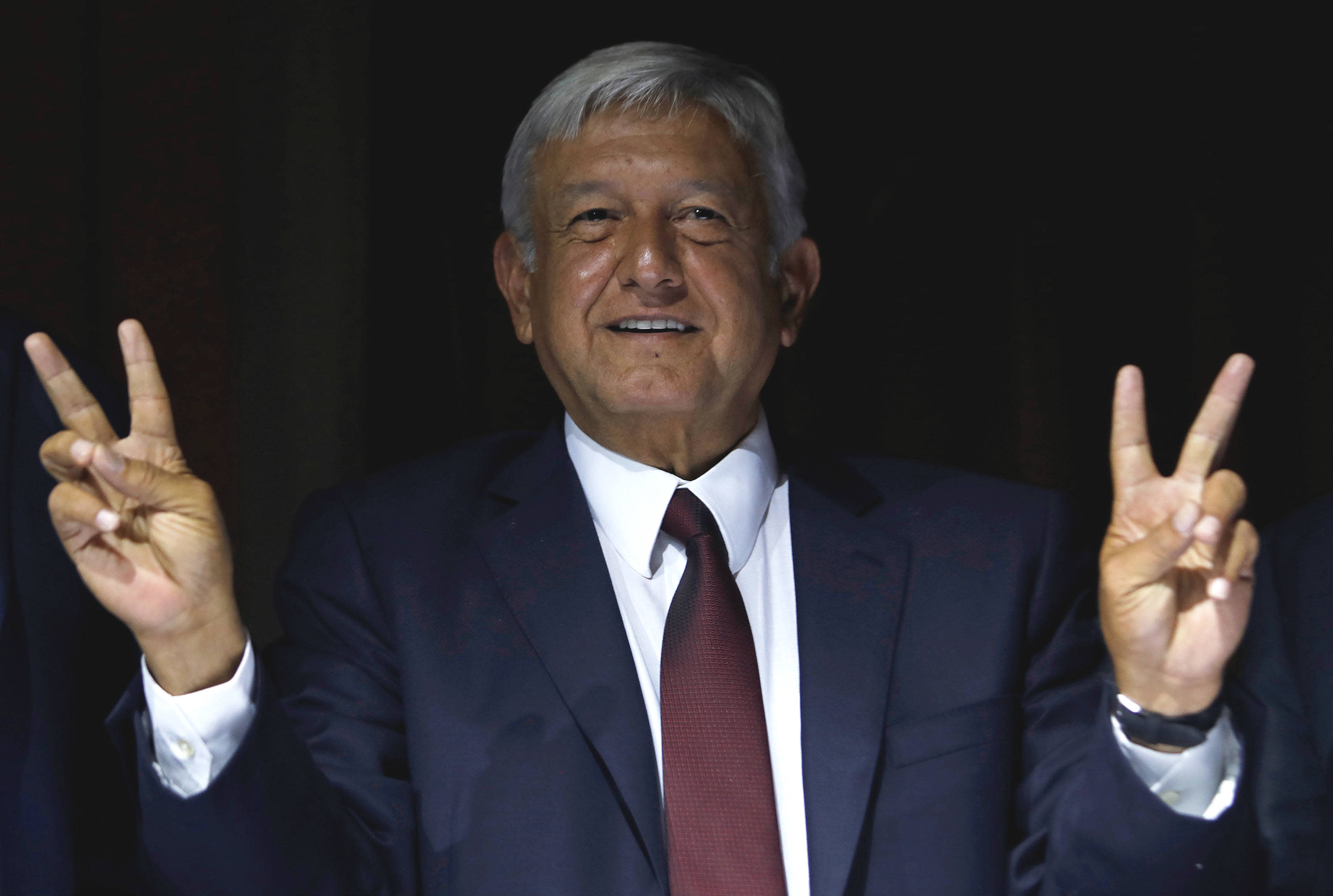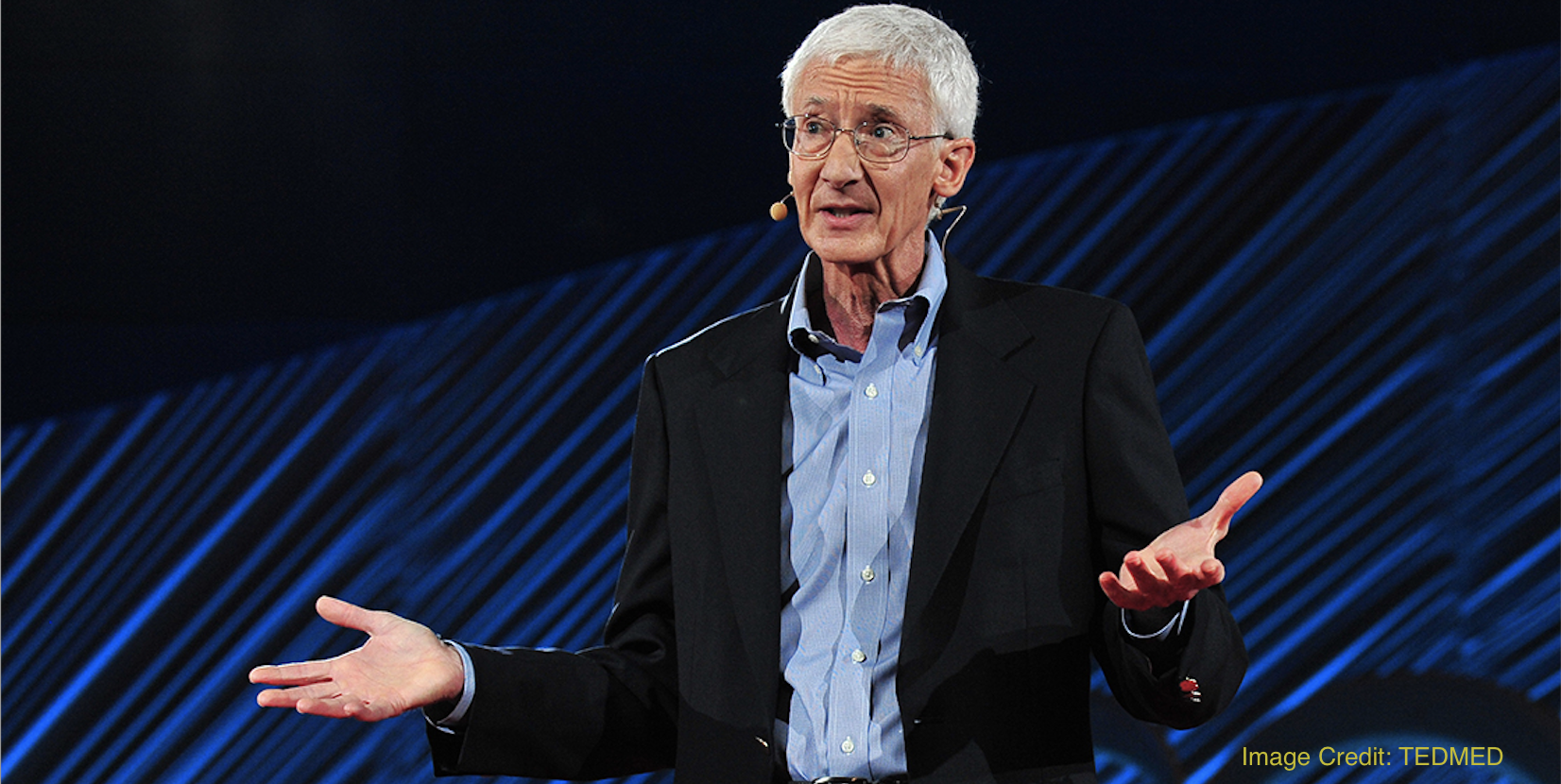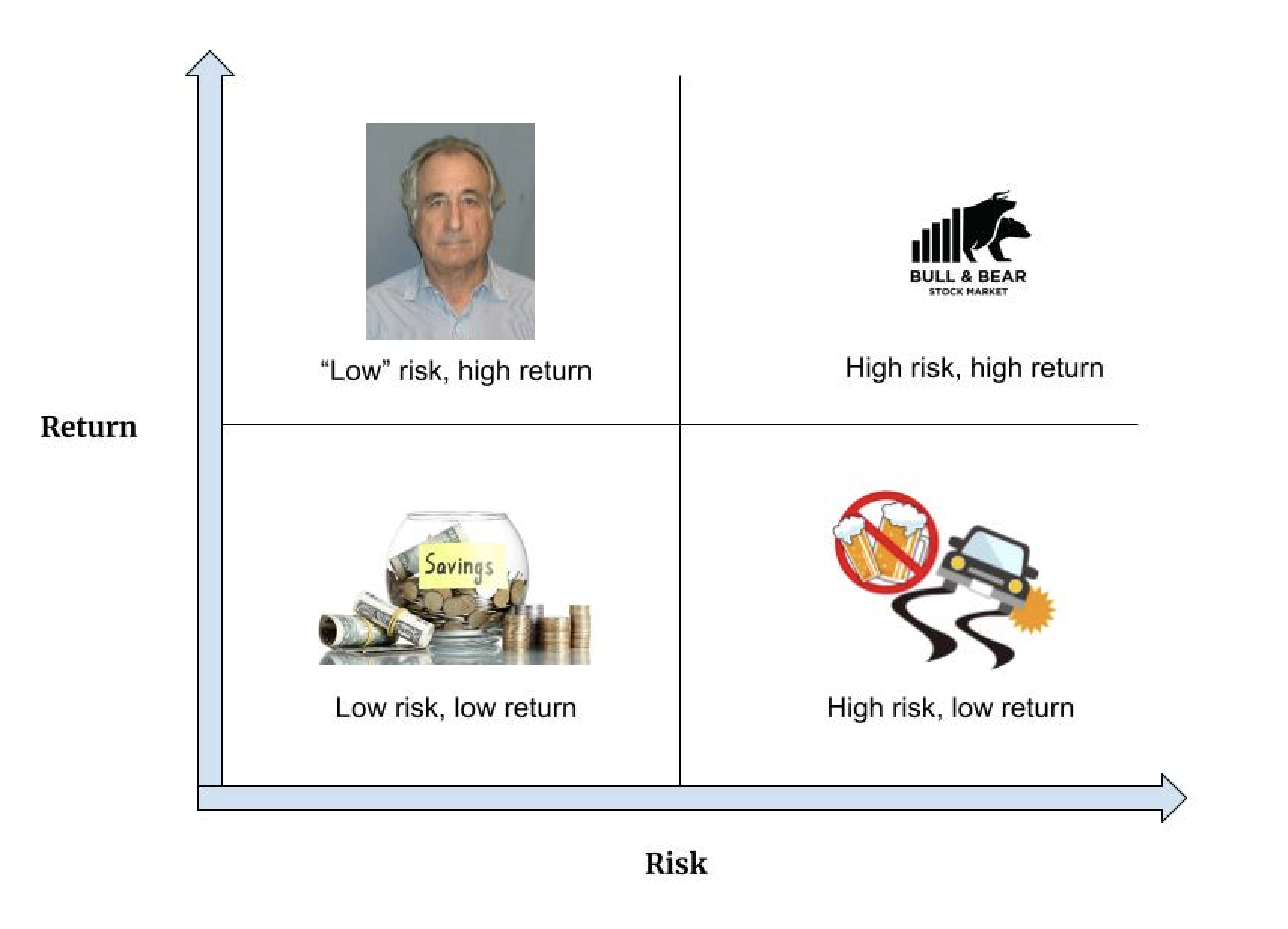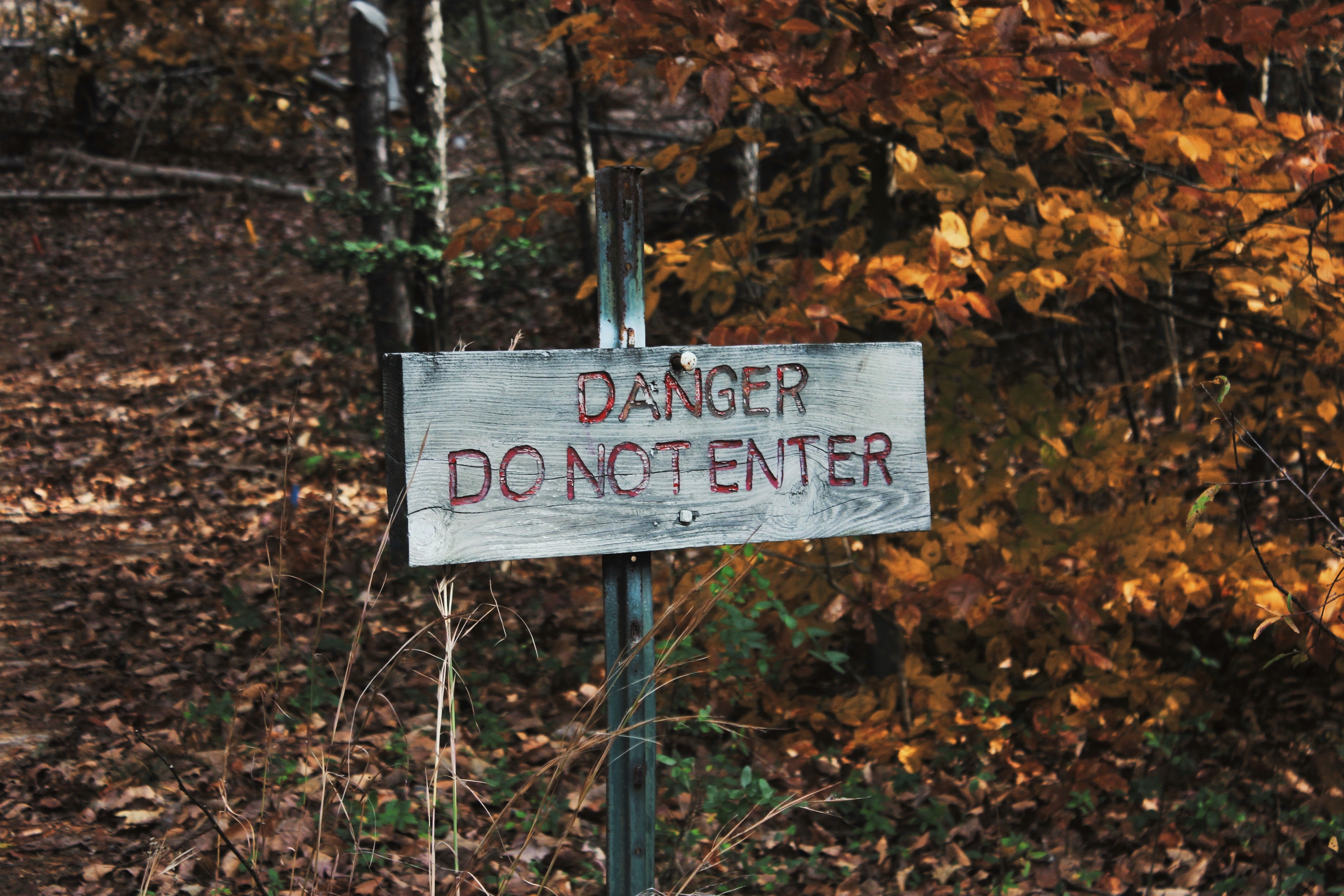AMLO: Gas Pain
On January 18, an explosion occurred at a gas pipeline in the state of Hidalgo, tragically killing at least 79 people and injuring at least 80 more. On Saturday, Mexico’s president vowed to “redouble his fight against an epidemic of fuel theft after thieves punctured a pipeline north of Mexico City,” causing the horrific explosion.
On July 1, 2018, Andrés Manuel López Obrador (AMLO) was elected president of Mexico in a landslide; the Mexican Constitution permits a single six-year term. On December 1, AMLO assumed the presidency as the candidate of MORENA, a social democratic political party. Between September 2017 and August 2018, 175 politicians were killed in Mexico, per the consulting firm Etellekt. In the US, there have been 8 political assassinations this century, or 0.4 per year.
On January 9, a gas crisis had officially befallen Mexico. That Wednesday, new president AMLO advised Mexicans to not fill up gas if they could wait, for gas lines stretched more than a kilometer in many places; pipelines were shut down, and gasoline was brought into many of the remaining open stations via truck.
Below is a photo from last weekend that I took of a line of cars waiting to fill up at a gas station outside of Mexico City. The gas station near my school closed entirely, and a housemate of mine waited unsuccessfully from 11 PM to 2 AM before returning at 6 AM. She finally filled her car with gas at 11 AM. A day well spent.
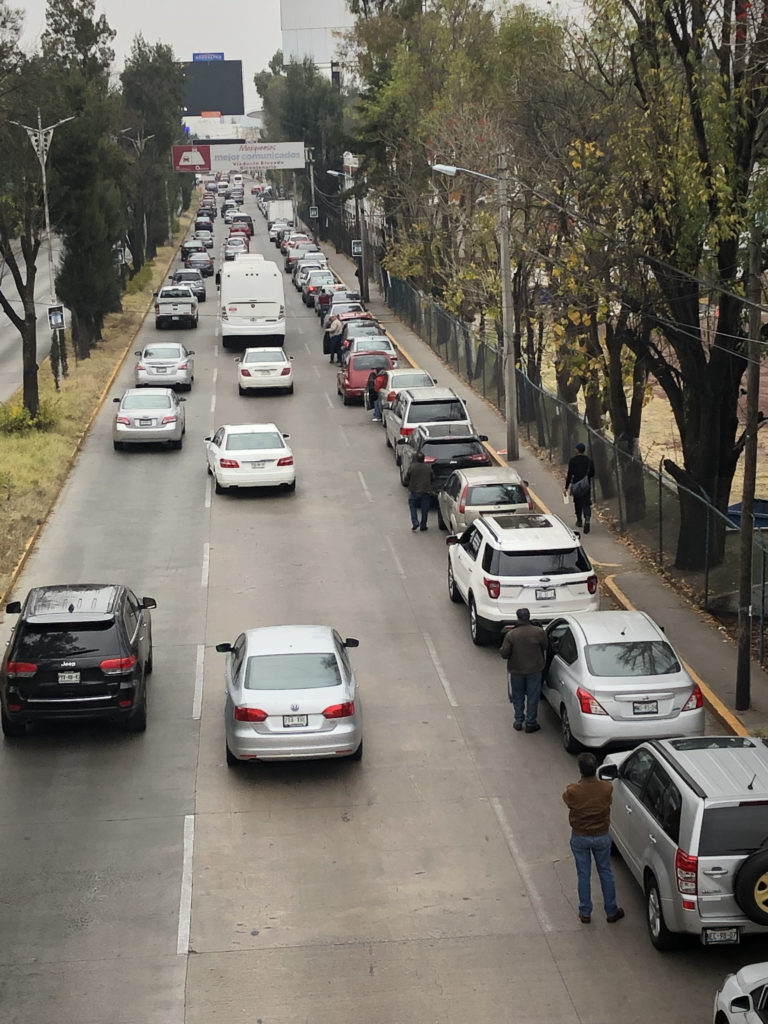
(Related: Mexican women live 5.7 years longer than men, per a CIA 2017 estimate. I mainly attribute this gap to men thinking “if I step out of the car, cross my arms, and show that I’m fed up with this long line, the line will move much faster.”)
Isn’t it a tough break for AMLO to deal with a gas crisis only six weeks into his term? Believe it or not, this gas crisis is entirely self made. In 1938, the Mexican government nationalized oil companies across all sectors, creating PEMEX. Beginning mostly in the 1990s, private investment reemerged, but PEMEX began to plummet after AMLO’s election, for during his campaign he vowed to nationalize oil production once again.
Several weeks ago, PEMEX began to deliver its gasoline via truck rather than via pipeline. The good news is that the trucks delivering the gasoline also run on gasoline, which is like if we could only get drinking water from dehydrated delivery people walking with a gallon of water—a very necessary and clear analogy!
Per the New York Times, “Criminal gangs known as huachicoleros have long targeted the thousands of miles of pipeline that run through Mexico, often in rural areas, carrying gasoline from refineries to distribution points. They tap into a pipeline, siphon gas and resell it, or they work with corrupt insiders to steal the fuel.” This succinctly explains AMLO’s rationale for shutting down the oil lines, which we will return to shortly.
If someone came to you in 2009 and said that “in 10 years the US government will shut down over a giant border wall and Mexico will voluntarily quit using its oil pipelines,” what would you think? I would have assumed that we were at war and the US was trying to weaponize Mexico’s pipelines. Add the phrase “President Trump” to the previous statement, and the present situation is actually one of the best possible scenarios. Please give me no intel about 2029.
I’ll answer two questions from 2009 me.
Why do I keep thinking these strange thoughts? (Wait, let's skip this one.)
Why is President Donald Trump building a wall? You see, Paxton, Trump is building a wall because he is a devout student of history. He’s seen China. He’s seen Germany. These countries built walls that have insulated them from all problems for thousands and dozens of years, respectively. Also, former Pistons coach Stan Van Gundy is a key advisor.
Why is AMLO not using his pipes? Well…
Brief Context
In 1519, renegade Hernán Cortés invaded present-day Mexico, causing the downfall of the Aztec Empire. Cortés was Spanish, so Spain claimed the land as its colony. In 1821, the 11-year struggle for independence ended, and Mexico became an independent country. Chaos ensued, however, and more than 50 governments were in power in the next 50 years. In 1876, Porfirio Díaz became president, and controlled Mexico for over 30 years, using dictatorial methods.
In 1910, a decade-long revolution began, during which up to 1/8 of the population was killed. A new constitution was signed in 1917, ending extreme control from Spanish descendants and creating the “mestizo nation” of modern Mexico. After the dust settled, the party later known as the PRI (Institutional Revolutionary Party) came to power in 1929. A PRI president served from 1929-2000 and 2012-18, giving it either single-party control or de facto control for a period of 89 years; AMLO is the first genuine “outsider” elected president since the revolution. This is the post-colonization history of Mexico in two paragraphs.
Circling back to Trump, both he and AMLO have some similarities in terms of their political rises. While AMLO supports left-leaning socialist policies and Trump supports Trump University athletics, both are essentially anti-establishment, populist, and nationalist figures. AMLO’s outsider status and a population that is tired of specific, chronic issues led to his historic toppling of a political dynasty.
Corruption and Crime
AMLO’s platform and his stated goals at his December inauguration are vast, but two that immediately jump out are his desires to combat gang violence and political corruption. In reality, these issues are quite connected. Political figures and police, in many areas of the world, have the perverse incentive to choose corruption, or at least willful ignorance, as a means of self-preservation.
Is it easier as a cop to look the other way or to initiate a likely violent confrontation? If there are 50 officers and 45 look the other way (or are getting paid) is it even remotely rational to “do the right thing” when the “right thing” might mean seriously putting your family at risk? Justice, at the smallest levels, is frustratingly not as black-and-white as we’d like.
Politicians have an equally incentivized path to corruption in areas with gang strongholds. At the highest levels, however, the line between greed and self-preservation is much clearer: in his January testimony, El Chapo, the infamous drug lord of the Sinaloa Cartel, claimed that he bribed previous president and leader of the PRI, Enrique Peña Nieto, with $100 million. At the time of his bribe, more than 20 million Mexicans were paid minimum wage: about $4.50 per day. This is pure graft, not self-preservation or rationality.
For local politicians, corruption is less “a bribe from a drug lord” and more “I’ll look the other way with my police (or I’ll take money) because the alternative is political assassination or family harm.” Yes, you don’t have to run for office, but somebody has to. This is pure conjecture, but I doubt any gang wants international attention, so attacking a president is insane—one reason why I’m not terrified for AMLO’s safety.
Another reason I’m not terrified for AMLO’s safety: if Mexican politics has been a pretty static pyramid for 90 years with the PRI/PAN at the top and thousands of local politicians forming the base, all Mexico has done is radically replace the very top. The base won’t crumble, so the connection between political corruption and gangs is not automatically affected by the presidential change.
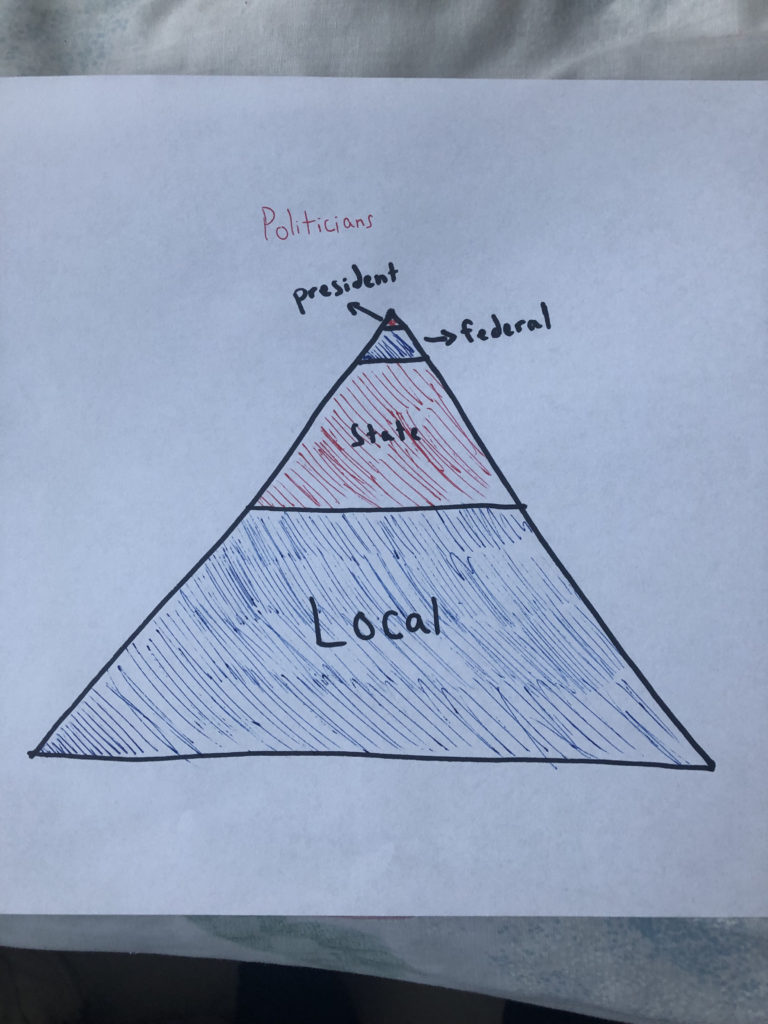
My main point: if 175 politicians are murdered in a single year, no politician would rationally stand up to extra-judicial threats (without police support) and want to become number 176. Once it’s clear that there aren’t nation-stopping repercussions for killing a politician, many gangs will indeed kill someone to put their puppet in power. Paraphrasing one of the most sadistic humans ever, Stalin: a single political assassination is a tragedy, but number 176 would be adding to a statistic. Much like mass shootings in the US, humans quickly become numb to high numbers and recurring tragedies, and it almost becomes a societal expectation.
Yes, the preceding paragraphs are purely opinion, and I am far from an expert, but this is the mental model that I have for why it’s so difficult for one president to sever the link between political corruption and gang violence/crime.
The term populist has some heavy connotations, especially of fear-mongering and diverting attention away from bigger issues (see: an inanimate object like a wall solving a nation’s serious issues). Populism in general has led to some pretty ugly outcomes, but AMLO deserves some credit for using his populist platform to spotlight some hardcore issues. He’s not trumping up violence and corruption. They are real.
Full Circle
I didn’t want to criticize AMLO’s gas actions without first going through Mexico’s political history and the link between corruption and gang violence/activity. This link is paramount to understand AMLO’s moves. I think it’s fair to simplify the gas crisis into three sentences:
AMLO made broad promises to fight corruption, but as the loner at the top of the pyramid, he has limited options to lower the number of huachicoleros targeting the pipelines.
Police and local governments feel incentivized (in the form of money and not wanting a Heat-level shootout) to let huachicoleros steal billions from the pipelines.
AMLO decided that the only viable solution is just to stop using the pipelines.
I’ll try to keep my opinions equally terse: it’s great that AMLO is backing up his grandiose talk with actions, but I don’t think it’s worth paralyzing the economy and costing businesses tens of millions; also, what’s to keep a truck from being a less-efficient, equally-corrupt pipeline? Rather than a solution for the long term, this seems more like an early, symbolic gesture of ‘change.’ Ultimately, it is widely known that there is only one good solution to any gas crisis.
AMLO still has 5.8+ years of his term left, so maybe the symbolic-but-dysfunctional ‘solution’ that led to this gas crisis will be worth it in the long run. I’ll give AMLO the benefit of the doubt here because good alternatives are not obvious and he does not have to plot reelection like US presidents do.
There is much more to AMLO’s platform than I wrote, especially concerning his cost-cutting and socialist rhetoric. I think it was Tim Urban on my favorite blog, “Wait But Why,” who said something to the effect of do you actually have a strong opinion on certain political issues, or do you just take a side because you feel like you have to? That’s how I feel about most political issues, especially in Mexico.

